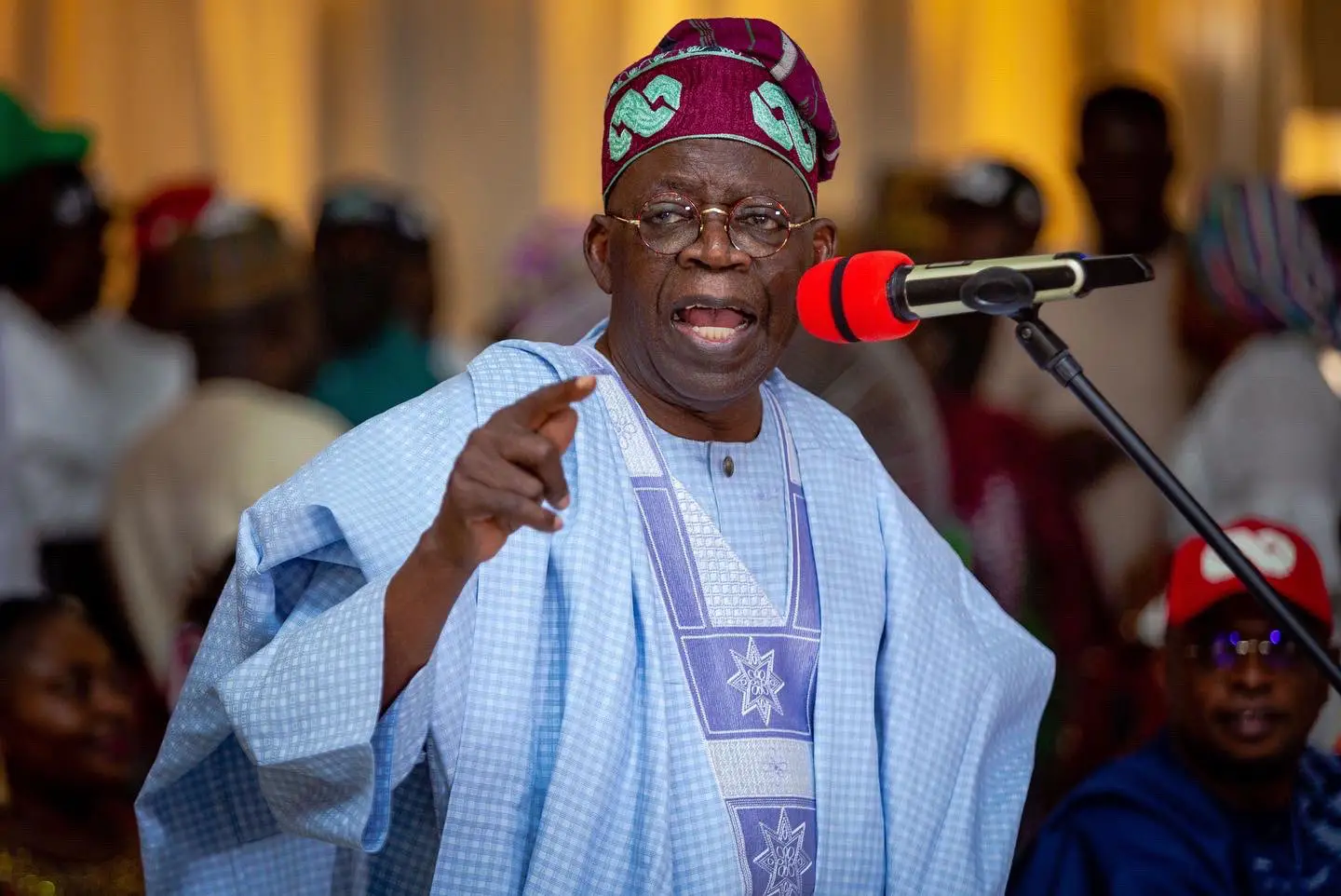After several months of tension, Nigerian authorities are multiplying gestures of openness toward Niger. President Bola Ahmed Tinubu has dispatched his Minister of Foreign Affairs, Yusuf Maitama Tuggar, to Niamey to deliver a special message to General Abdourahamane Tiani, leader of the ruling junta.
The initiative reflects a desire to revive bilateral cooperation, despite Niger’s official withdrawal from the Economic Community of West African States (ECOWAS) in January 2025.
Since the military coup of July 26, 2023, relations between Abuja and Niamey have significantly deteriorated. The ousting of President Mohamed Bazoum was condemned by ECOWAS, which is currently chaired by Nigeria. The organization imposed a series of economic and diplomatic sanctions against the Nigerien military regime. Despite the rupture, communication channels between the two countries have never been entirely closed, particularly regarding shared interests.
The Nigerian foreign minister’s visit to Niamey comes at a time of shifting regional alliances and increasing shared security challenges. According to diplomatic sources, discussions will focus primarily on cross-border security, with particular attention to the fight against armed groups operating in border areas.
Since Niger’s withdrawal from the Multinational Joint Task Force in the Lake Chad Basin, Abuja aims to redefine the terms of security cooperation by relying on bilateral partnerships.
Economic issues are also at the heart of this rapprochement attempt. Nigeria is considering the gradual reopening of cross-border markets, which are vital for border populations. The Nigerien regions of Maradi and Zinder, as well as Nigeria’s northern states, rely heavily on these exchanges for access to essential goods.
The long-suspended Nigeria–Niger–Algeria gas pipeline project could also be back on the table. This strategic infrastructure, aimed at exporting Nigerian gas to Europe, may regain interest amid global energy diversification efforts. Furthermore, Niger’s recent fuel crisis—exacerbated by sanctions and regional tensions—adds sensitivity to energy discussions.
On the infrastructure front, Nigeria is reaffirming its commitment to the Maradi–Kano railway project, scheduled to launch in 2026. Estimated at nearly two billion dollars, the project is part of the African Continental Free Trade Area (AfCFTA) initiative and aims to strengthen regional integration by facilitating trade.
Although no official timetable has been announced following the visit, both parties appear committed to pursuing dialogue in a subregional context marked by uncertainty. Time will tell whether this initiative leads to a lasting normalization of relations between Abuja and Niamey—or merely a temporary diplomatic truce.




